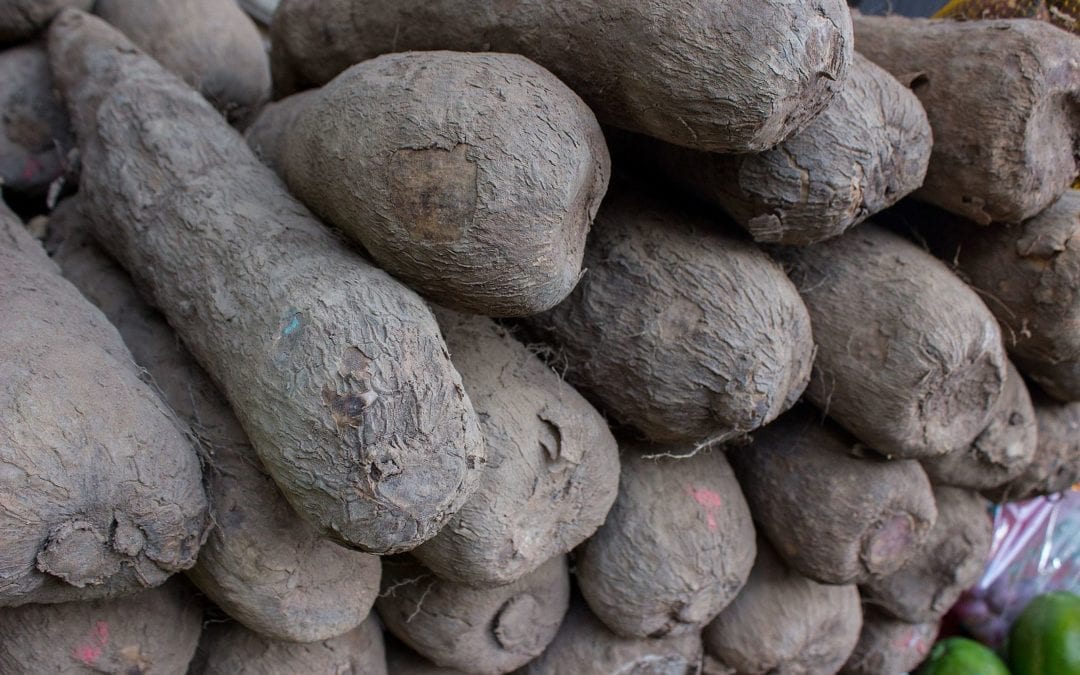
Better breeders, better yams: YamBase workshops help improve yam breeding
More than 70 participants joined in on the training sessions provided by members of BTI’s Mueller Lab, October-December 2017.

More than 70 participants joined in on the training sessions provided by members of BTI’s Mueller Lab, October-December 2017.

In this IS-MPMI’s interview with Kevin Cope (University of Wisconsin-Madison), Maria Harrison discusses her research on arbuscular mycorrhizal fungi and provides advice to young scientists entering the field.

BTI’s Harrison lab will develop Medicago truncatula mutants to identify the function of genes predicted to be important in nitrogen fixation in legumes.

“By working together, we can have much greater impact and help train breeders in the latest and most efficient techniques,” according to Liz Jones, GOBII Director.
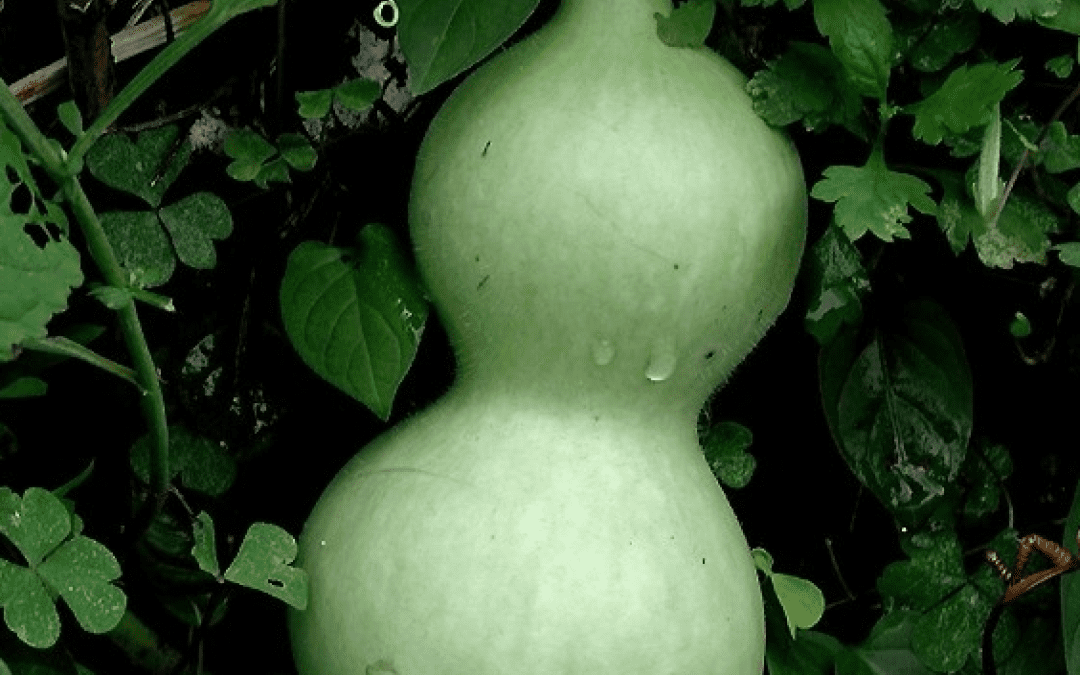
In their findings, researchers compared the sequenced bottle gourd genome to those of other cucurbit species, allowing them to reconstruct the ancient genomic history of the Cucurbitaceae family.

The BTI Alumni Recognition Program celebrates the success of outstanding BTI Alumni and recognizes the foundation that their BTI experiences provided.
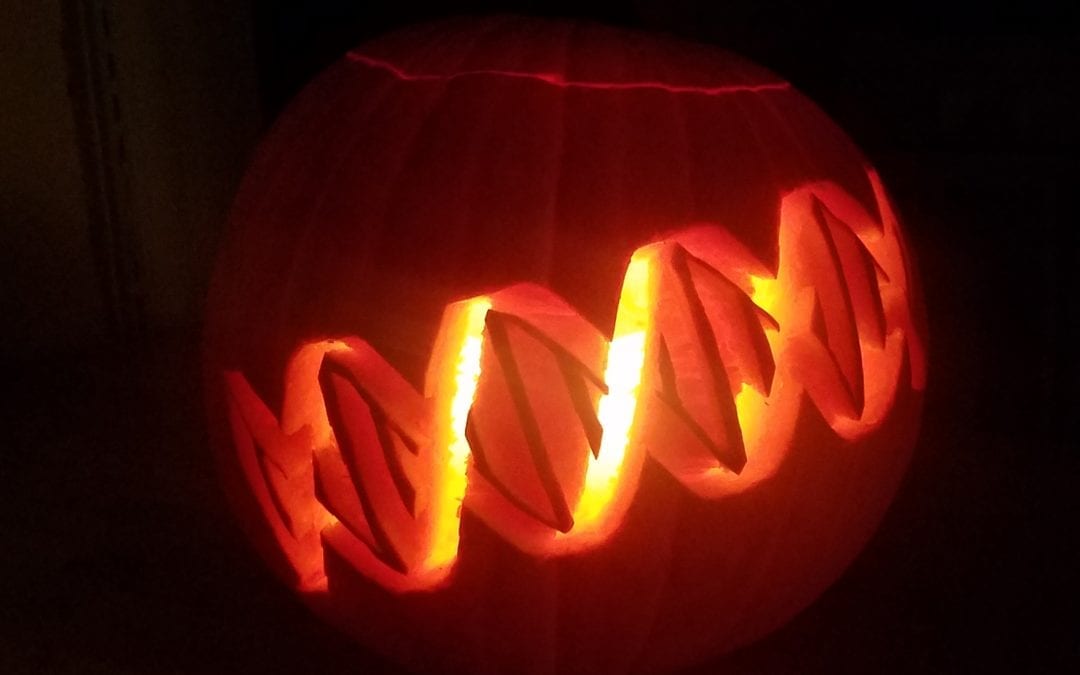
For some, pumpkins conjure carved Halloween decorations, but for many people around the world, these gourds provide nutrition. Scientists at Boyce Thompson Institute (BTI) and the National Engineering Research Center for Vegetables in Beijing have sequenced the genomes of two important pumpkin species, Cucurbita maxima and Cucurbita moschata.

Edward “Ted” Buckley, a retired faculty member at the Boyce Thompson Institute, passed away October 21, 2017 at the age of 86.
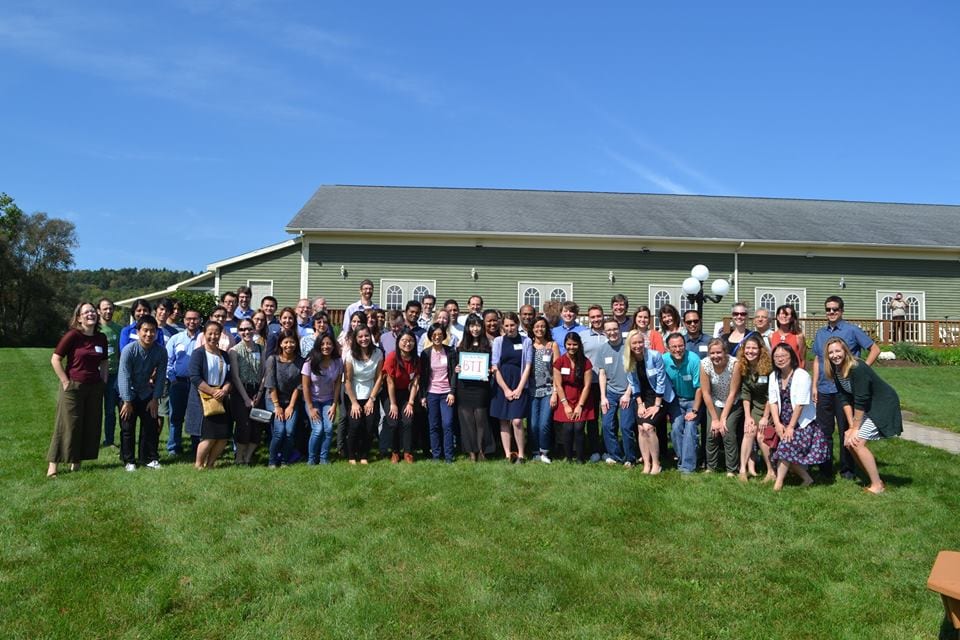
Organized by BTI’s Postgraduate Society (PGS), BTI’s 2017 Symposium featured a jam-packed program with representation from more than 10 BTI research groups and affiliated projects.
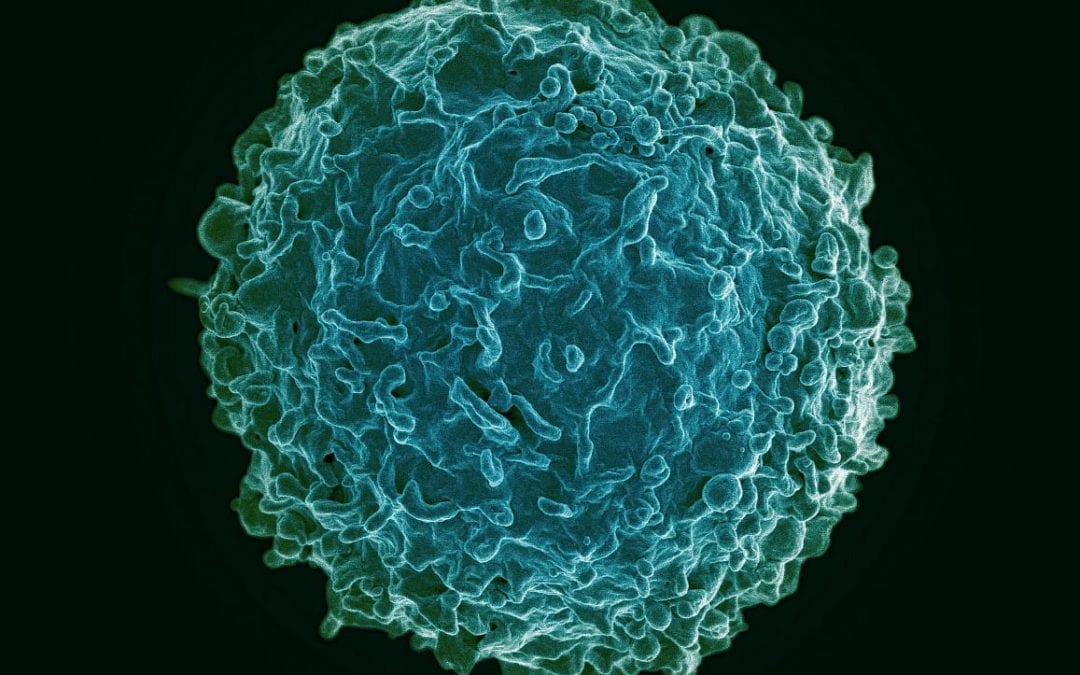
Cornell will receive close to $9.4 million over five years to establish the Cornell Myalgic Encephalomyelitis/Chronic Fatigue Syndrome Collaborative Research Center, which will span Cornell’s Ithaca campus, Weill Cornell Medicine, Ithaca College, the Boyce Thompson Institute [Schroeder Lab], the Workwell Foundation, EVMED Research, the SOLVE ME/CFS Initiative and private ME/CFS medical practices.
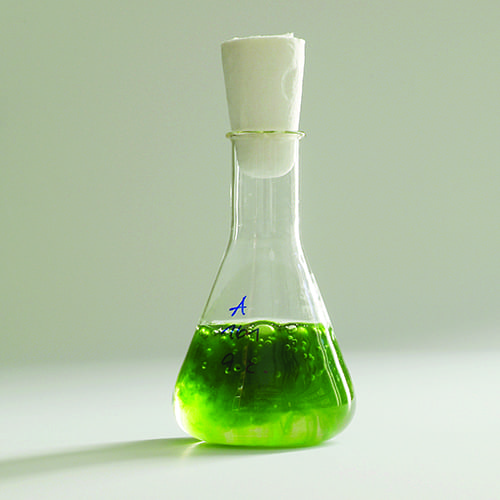
This week, researchers from Boyce Thompson Institute and Texas A&M University report in Plant Direct exciting new technology that may revolutionize the search for the perfect algal strain: Algal droplet bioreactors on a chip.

To recognize and thank postdoc researchers, BTI will join institutions around the globe in celebrating this year’s National Postdoc Appreciation Week (September 18th – 22nd, 2017).
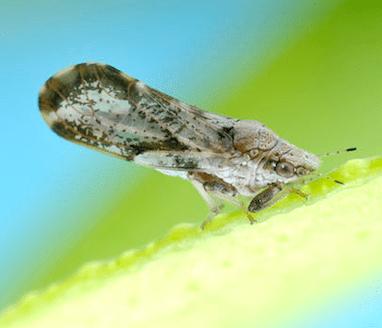
BTI’s Mueller and Heck Labs, in collaboration with 21 partner institutions, recently published a draft assembly and annotation of the D. citri genome.
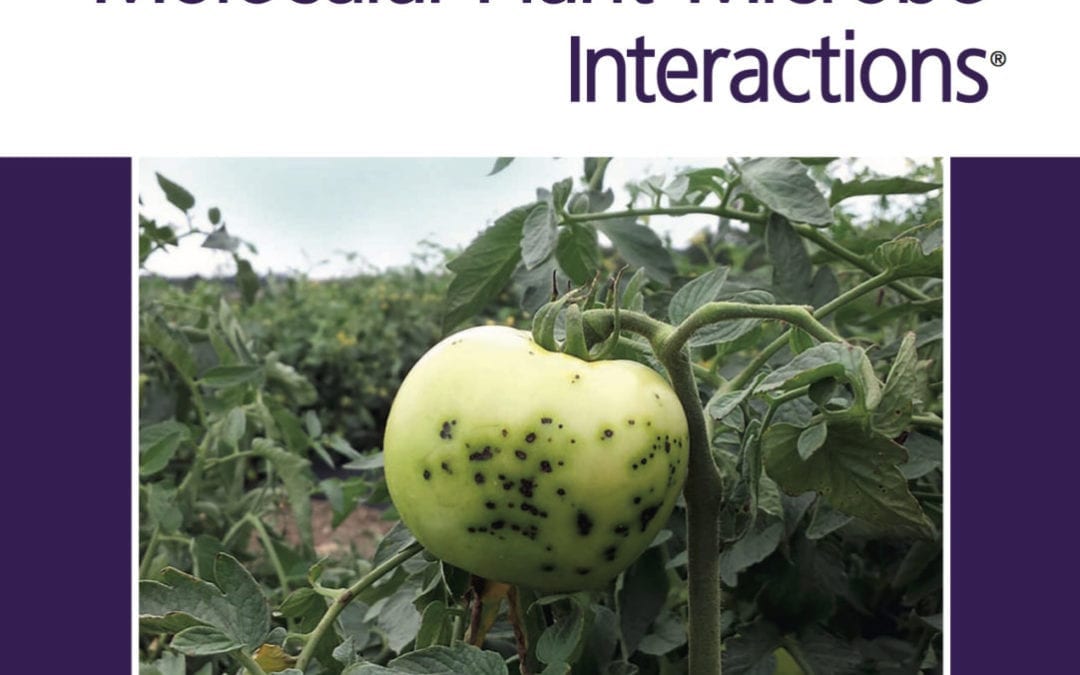
This month, the cover of Molecular Plant-Microbe Interactions features a publication by Simon Schwizer from the Martin Lab at BTI that furthers our understanding of how tomatoes are able to resist infection by Pseudomonas syringae, the causal agent of bacterial speck, a common disease in upstate NY.

With open-source software, GOBII plans to provide organizations in the developing world with the computational infrastructure needed for efficient breeding.
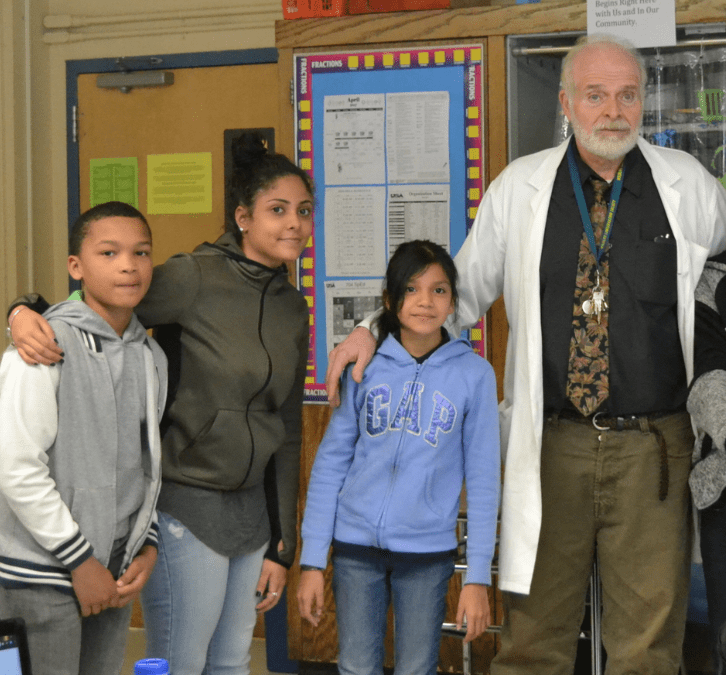
Joe Macchia, a science teacher at the Urban Science Academy in Bronx, NY, uses BTI teaching kits to engage his students in hands-on science.

On September 19, 2017, the Plant Science Research Network (PSRN) will convene an in-person meeting using the scenarios as a tool to understand the challenges that plant science trainees face today. Apply by August 18 to join them!
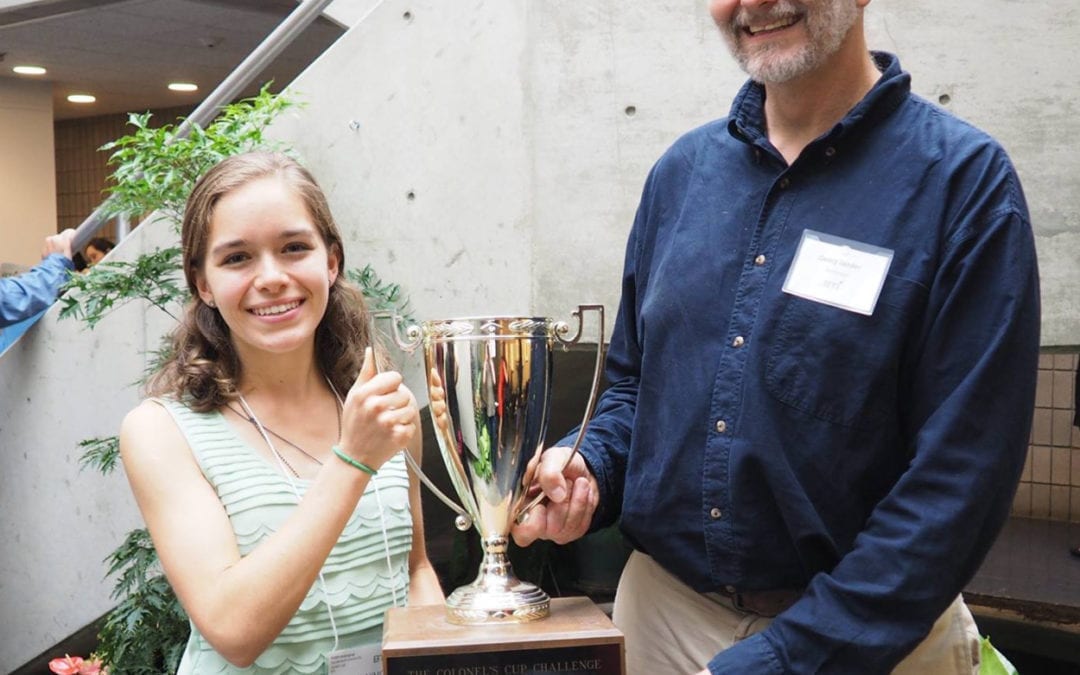
Now in its 16th year, BTI’s annual PGRP symposium provides a means for student interns to to present their findings in a professional, engaging setting.
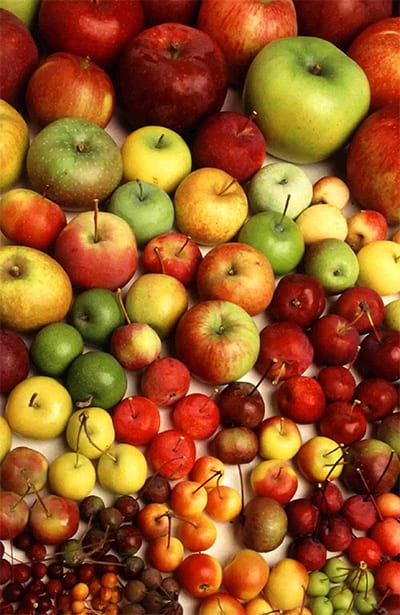
New research out of Boyce Thompson Institute reveals surprising insights into the genetic exchange along the Silk Road that brought us the modern apple.

Follow Science In Real Life (IRL) as they head to the Van Eck Lab and demystify GMOs by showing how they’re made in the lab.
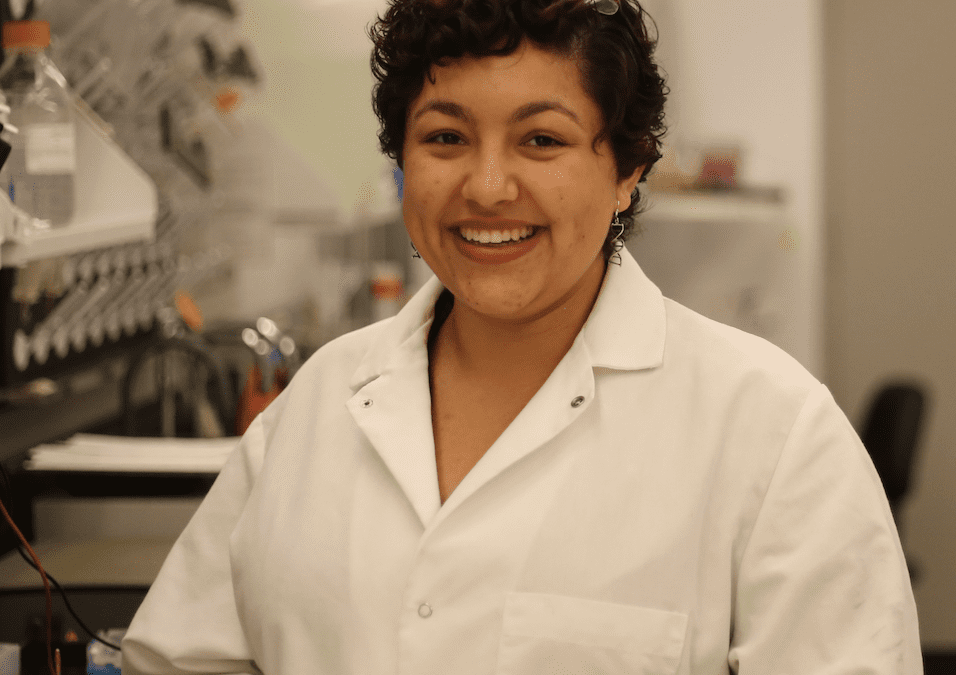
Natalie explains how having a mentor and interning at BTI has given her a new perspective on where to plant her professional roots.

The research project, titled Viruses and Insects as Plant Enhancement Resources (VIPER), is supported by the Defense Advanced Research Projects Agency (DARPA) Insect Allies program.

Klaus Apel, former professor at the Boyce Thompson Institute, passed away on June 30th at the age of 74.
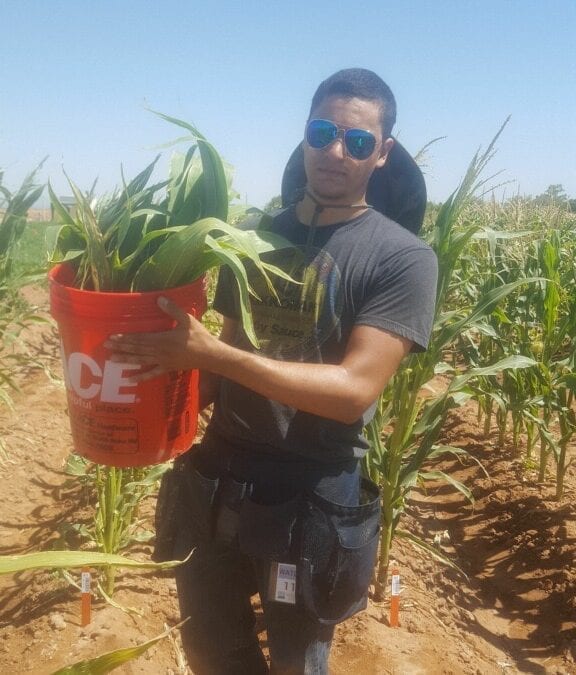
Michael Miller spent his first two weeks as a PGRP intern at the United States Department of Agriculture’s Arid Land Research Center.
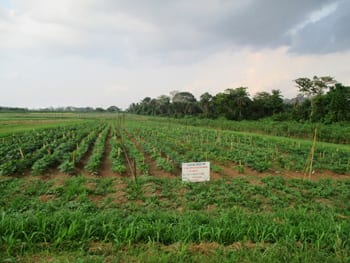
During June and July at BTI, visiting scholars from crop breeding programs in Nigeria, Nairobi, and Uganda have been working closely with researchers in Lukas Mueller’s group to discuss ways to improve the development of online resources related to two of Africa’s most important staple crops: cassava and banana.
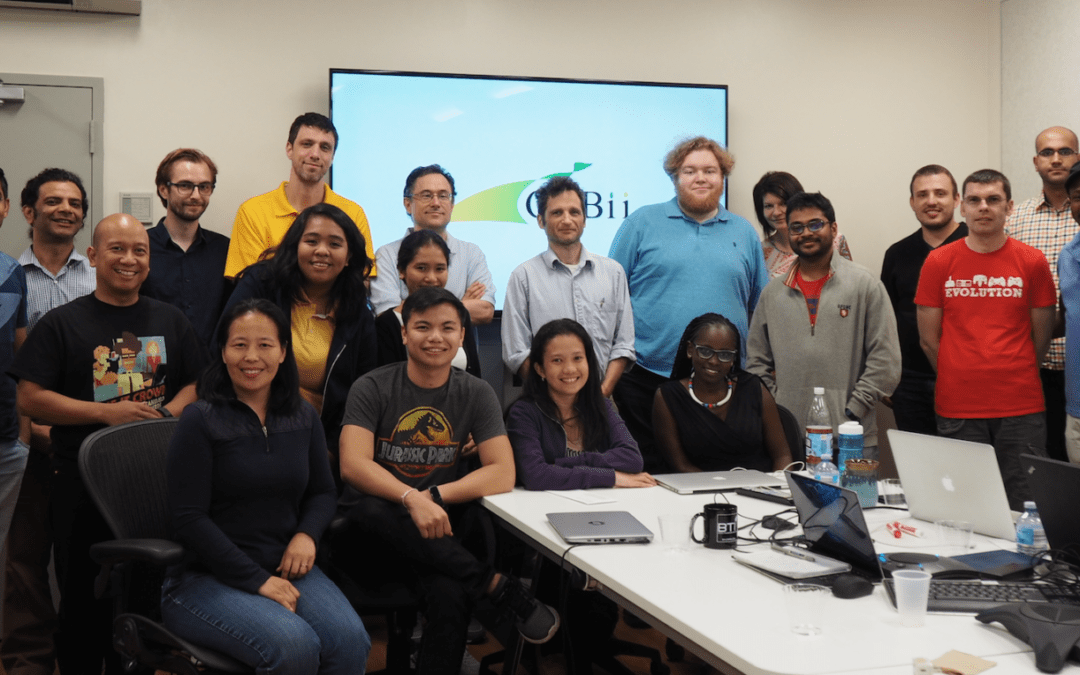
The GOBII project’s annual hackathon united 25 software developers, bioinformaticians, computational biologists, and application specialists on a week-long mission.

BTI’s Georg Jander is leading one of eight research groups selected to receive awards through the Enabling Discovery through Genomic Tools (EDGE) program, overseen by the National Science Foundation’s (NSF’s) Biological Science Directorate.
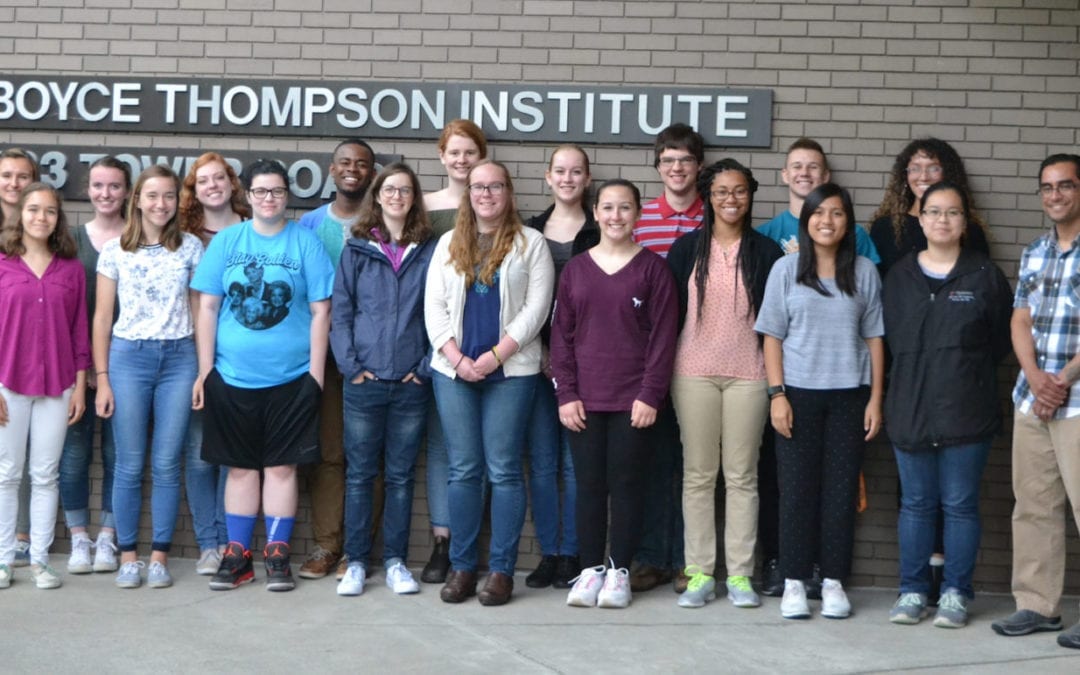
Motivated, curious, and eager to discover, BTI’s 2017 Plant Genome Research Program (PGRP) interns are ready to dive into a 2+ month transformative experience that will prepare them for their future career.

BTI reaffirms its commitment to innovation and discovery in the life sciences, upholding our founder’s vision that new knowledge promises new solutions for food security and planetary health.

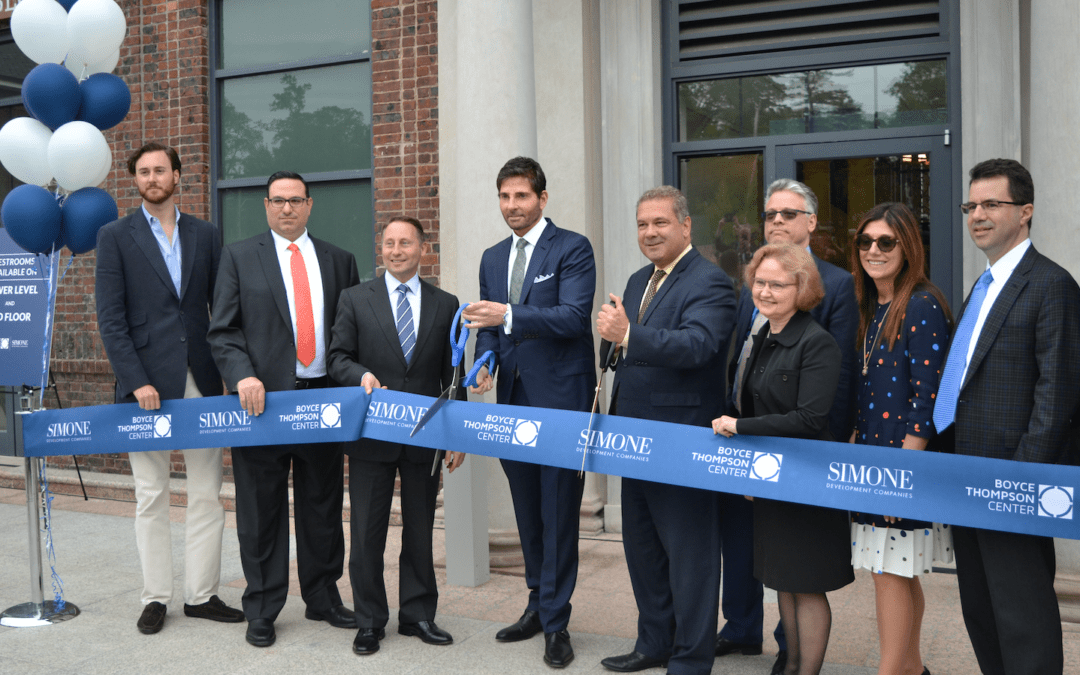
After the Boyce Thompson Institute relocated to Ithaca, NY in 1978, its original building and grounds in Yonkers, NY laid vacant for more than 40 years. A remnant of its original purpose, the building was left devoid of its most basic vestige: life. That all changed on May 23rd, 2017, with the ribbon-cutting ceremony and official opening of the new Boyce Thompson Center.
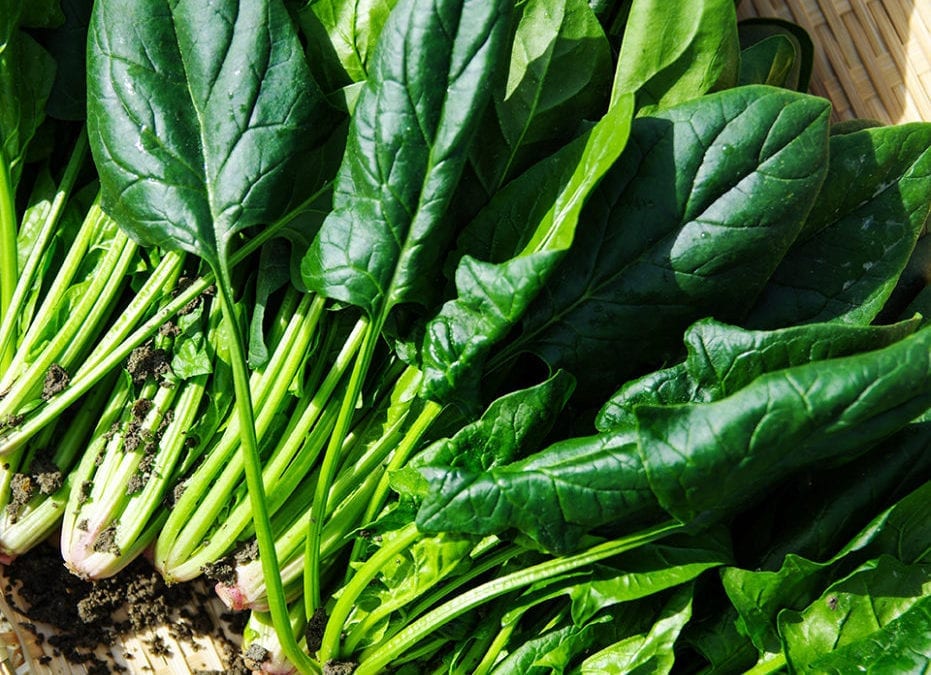
Today in Nature Communications, researchers from BTI and the Shanghai Normal University report a new draft genome of Spinacia oleracea, better known as spinach. Additionally, the authors have sequenced the transcriptomes (all the RNA) of 120 cultivated and wild spinach plants, which has allowed them to identify which genetic changes have occurred due to domestication.
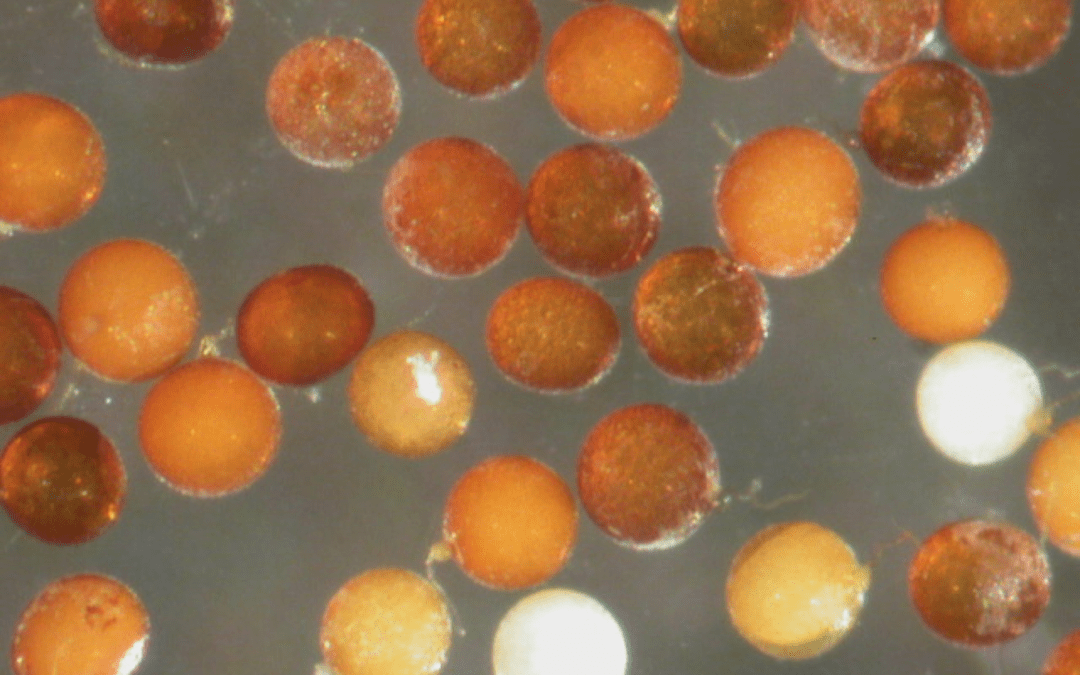
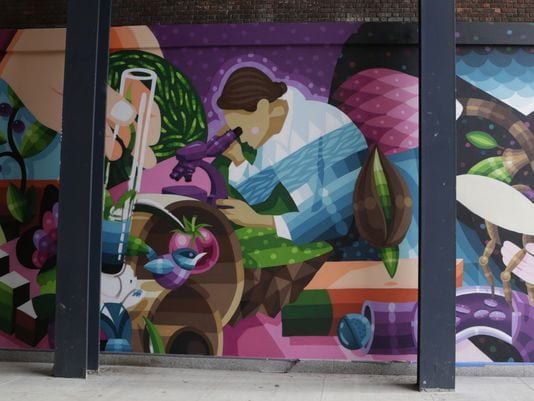
A beautiful graffiti mural has been completed at the old Boyce Thompson Institute in Yonkers, NY by artist Eelco van den Berg from The Netherlands.
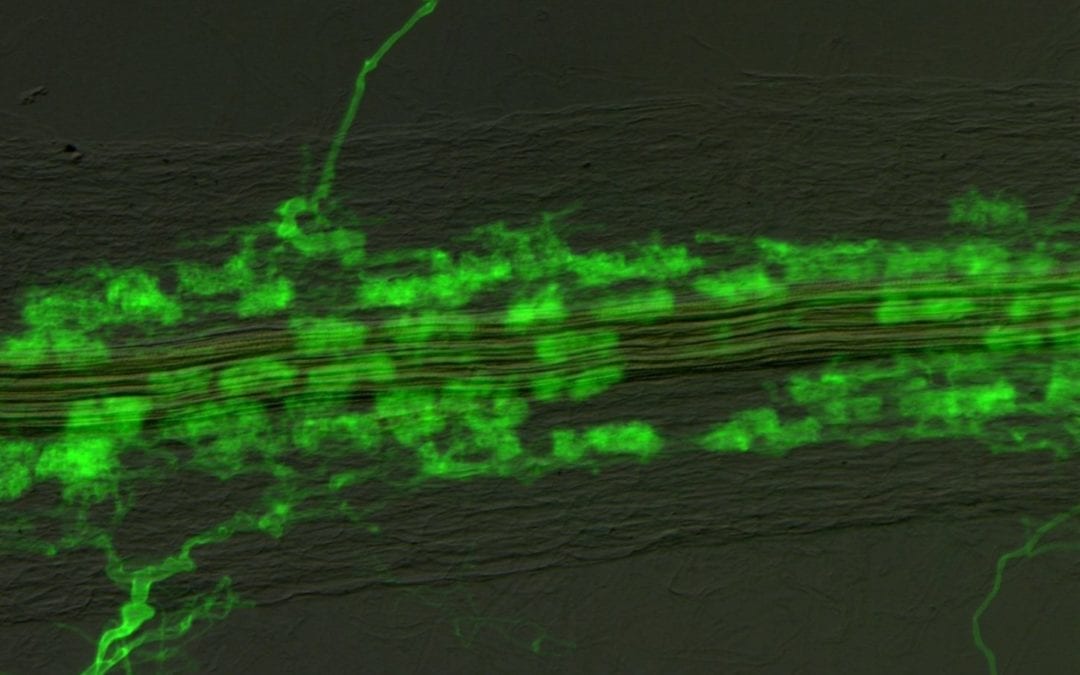
Researchers from the Harrison lab at BTI have identified a transcriptional program that drives arbuscule degeneration during AM symbiosis. This regulation of arbuscule lifespan has likely contributed to the 400MY stability of the symbiosis by preventing the persistence of fungal cheaters.
Researchers from the labs of Dr. Maria Harrison at the Boyce Thompson Institute and Dr. Peter Dörmann at the University of Bonn have produced the first experimental evidence to suggest that AM fungi also get lipids from the plant. AM-induced FatM and RAM2 may play specific roles in the biosynthesis of 16:0 βMAG, which cannot be produced by the fungus, providing a clue to understanding the obligate nature of AM fungi.
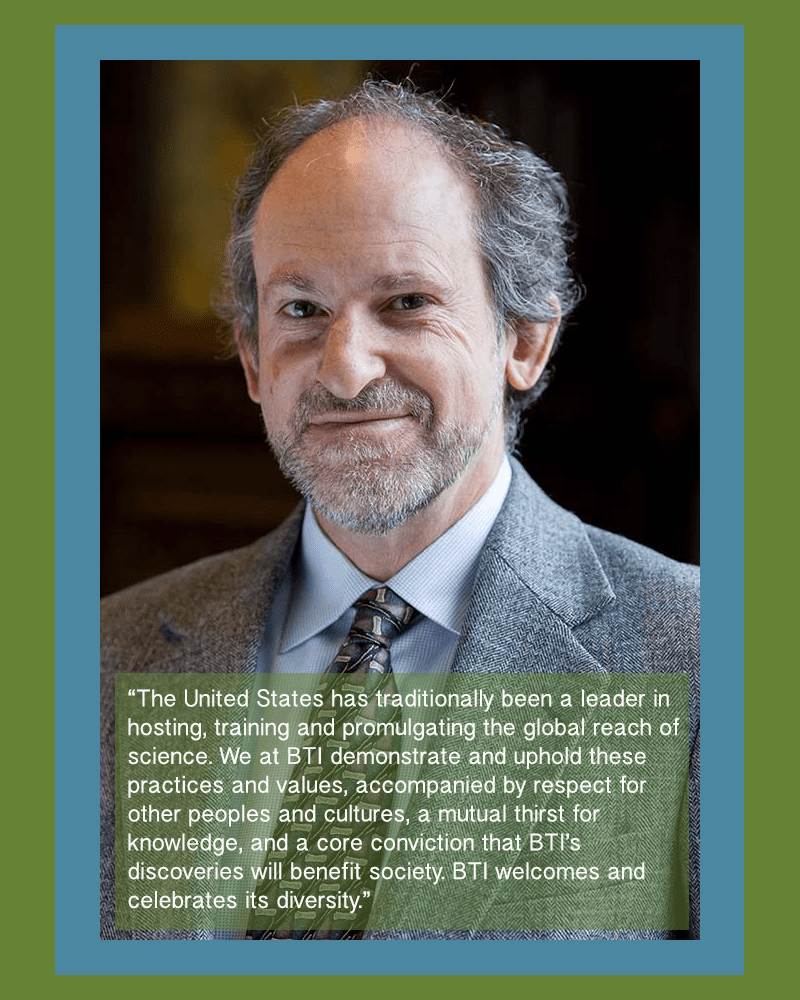
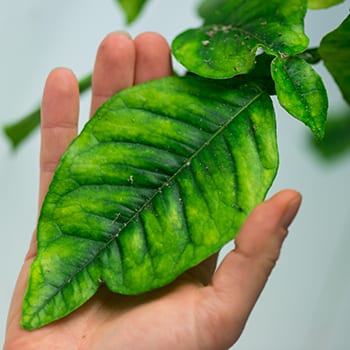
New research finds that the Asian citrus psyllid responds to the citrus greening bacterium by producing an oxygen-transporting protein called hemocyanin. The protein not only turns them blue, but suggests that they are trying to fight off the infection.
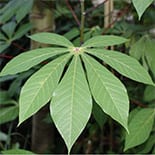
Cassava geneticist Ismail Yusuf Rabbi from the International Institute of Tropical Agriculture (IITA) in Ibadan, Nigeria visited BTI and Cornell University last week to discuss his ongoing collaboration with NextGen Cassava.

The offices of data scientists at BTI emptied out earlier this month as a contingent of researchers flew to San Diego for the 25th annual Plant and Animal Genome Conference.

Michelle Cilia has been selected to receive a Presidential Early Career Award for Scientists and Engineers (PECASE), which recognizes outstanding, government-funded scientists who show great potential for becoming leaders in their field and for expanding the frontiers of scientific knowledge.
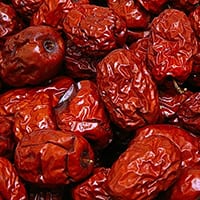
The genome will serve as a resource for jujube breeders working on improved cultivars, as well as for researchers working on other fruit trees, such as apples.

Penelope Lindsay, a Cornell University graduate student in Plant Biology in the lab of BTI Professor Maria Harrison, has been awarded a 2-year fellowship from the USDA National Institute of Food and Agriculture.
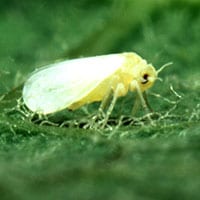
Researchers in the Fei lab have sequenced the genome of the whitefly, an invasive insect responsible for spreading plant viruses worldwide, causing billions of dollars in crop losses each year.
BTI board member and Director of the New York State Agricultural Experiment Station at Cornell University, Susan Brown, shares her wisdom on all things related to apples.

The NextGen Cassava project, a global partnership led by Cornell University that includes BTI Associate Professor Lukas Meuller, will now include cassava breeders from Tanzania.

Science policy work is just one of the ways that Ph.D.s can use their training and passion for science to benefit the public.